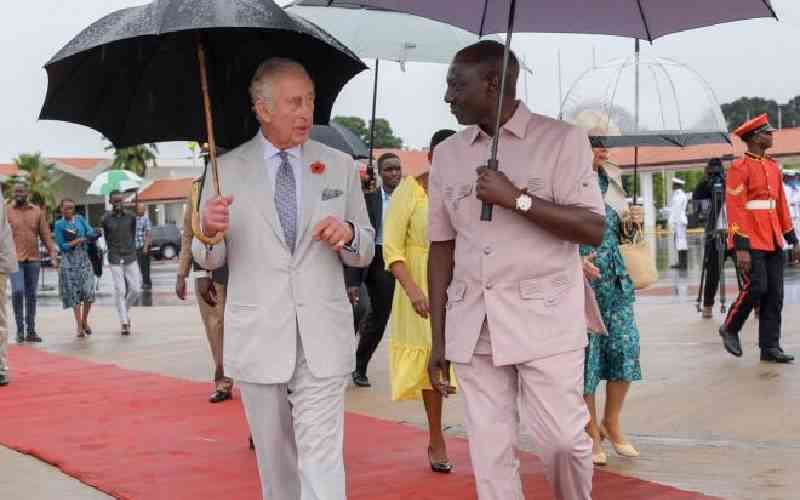×
The Standard e-Paper
Home To Bold Columnists

The visit of Britain's royal couple has just ended although no one seems able to shed much light on the exact purpose.
Was it a few days away in the sun as the dark days of winter approached in Europe; or was it an effort to bolster the Commonwealth union that appears visionless and penniless in the post Brexit era?